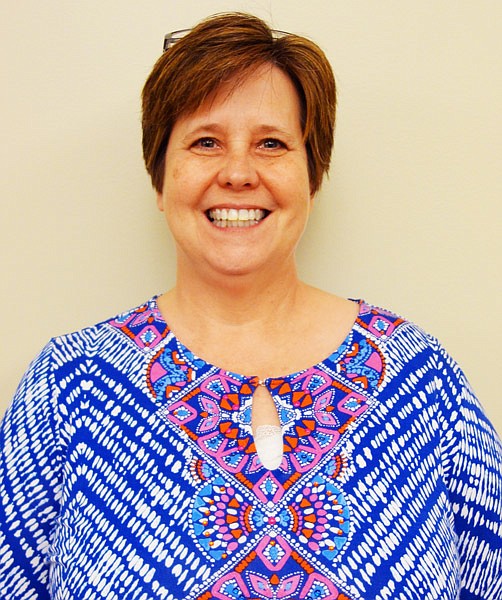Sometimes, the "baby blues" don't go away on their own.
They can be a symptom of postpartum depression, a potentially very serious condition.
Janeene Johnston performs child welfare services for Lutheran Family and Children's Services of Missouri. She said Callaway County has few resources for diagnosing and helping depressed mothers. That's why Callaway Resource Network is showing a film, "Dark Side of the Full Moon," for free on Nov. 8.
Following the showing will be a Q&A panel discussion with professionals and members of LFCS's maternal mental health program.
Johnston said she and CRN - a coalition of area nonprofits - want to raise awareness for the condition and begin discussing ways to support mothers who are impacted by it. Everyone is welcome to attend, especially mothers.
"Most people say, 'They'll get over it,' but it can go on for a year after birth - and it doesn't always start right away after birth," Johnston said. "This film talks about the extreme - women who feel suicidal or who get the urge to hurt themselves or their baby."
The National Institute of Mental Health states about 15 percent of births come with postpartum depression for the mother. The causes, it said, are complex and the results can be serious.
"Without treatment, postpartum depression can last for months or years. In addition to affecting the mother's health, it can interfere with her ability to connect with and care for her baby and may cause the baby to have problems with sleeping, eating, and behavior as he or she grows," the NIMH's web page on postpartum depressions says.
While the condition is common, it's also commonly missed, Johnston said.
"In Columbia, Family and Children's Services has funding for a maternal mental health program," Johnston said.
LFCS works with doctors to screen for the condition in new mothers. However, she said, the same program doesn't exist in Callaway County.
The documentary talks about postpartum depression and the fact gaps exist in recognizing and treating it in the U.S.
Members of CRN are considering trying to change that in Callaway County.
"If we decide it's something we want to take on in Callaway County, how do we tackle it?" Johnston asked rhetorically.
She will seek feedback from the event's attendees on local needs, and will also talk with others in the CRN group about possible solutions.

